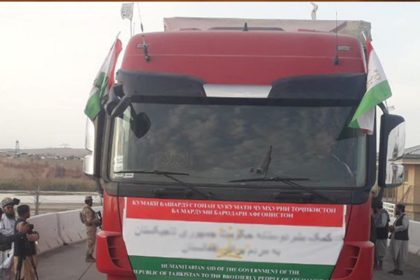RASC News Agency: Seyed Rasoul Mousavi, former deputy foreign minister of Iran, asserts that the Taliban govern through an exclusive reliance on Pashtun ethnonationalism and a rigid, selective interpretation of Hanafi jurisprudence. According to Iran’s IRNA news agency, Mousavi made these remarks on Sunday, February 16, during a high-level intellectual forum involving scholars from Iran, Afghanistan, and Russia in Tehran. Mousavi contends that the Taliban have entirely abandoned any commitment to forming an inclusive government or upholding human rights, particularly those of women and girls. He argues that the group has effectively reverted to the hardline policies of its first regime, disregarding international pressure for reform. Outlining potential trajectories for the Taliban’s rule, Mousavi presents three scenarios: maintaining the current status quo, capitulating to demands for an inclusive government, or plunging Afghanistan into a civil war exacerbated by foreign intervention.
As a seasoned regional analyst, he emphasizes that Afghanistan’s internal stability and broader regional security are inextricably linked. His remarks come amid renewed calls from Turkey and Pakistan urging the Taliban to establish a politically inclusive administration. The Taliban’s Pashtun-dominated leadership has long been a focal point of international and regional criticism. Despite branding itself as a movement committed to Islamic governance, the group has strategically concentrated 90% of key government positions in the hands of Pashtun elites.
Furthermore, the Taliban have methodically institutionalized Pashtun dress and cultural symbols such as the Peshawari cap and traditional Pashtun attire repackaging them as “Islamic and national” identities through calculated policies and enforced assimilation. These ethno-exclusive governance strategies have begun to spark dissent even among the Taliban’s Tajik and Uzbek allies, further deepening internal fractures within the regime.






